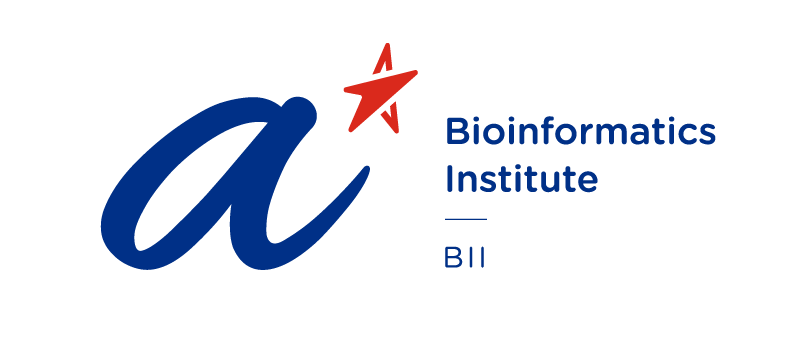Ooi EE
Dengue and Zika RNA-RNA interactomes reveal pro- and anti-viral RNA in human cells
Dengue (DENV) and Zika (ZIKV) viruses are important human pathogens belonging to the Flaviviridae family of RNA viruses. DENV is known to infect around 390 million people around the world annually [1], while ZIKV causes numerous diseases including microcephaly in infants [2]. Currently, limited treatments and vaccines are available and novel strategies and targets are urgently needed to develop therapeutics to treat these diseases. To achieve this, it is important to understand host factors and how they interact with DENV and ZIKV genomes during the viral life cycle.
ReadA T164S mutation in the dengue virus NS1 protein is associated with greater disease severity in mice
Dengue viruses cause severe and sudden human epidemics worldwide. The secreted form of the nonstructural protein 1 (sNS1) of dengue virus causes vascular leakage, a hallmark of severe dengue disease. Here, we reverse engineered the T164S mutation of NS1, associated with the severity of dengue epidemics in the Americas, into a dengue virus serotype 2 mildly infectious strain.
ReadStructure mapping of dengue and Zika viruses reveals functional long-range interactions
Dengue (DENV) and Zika (ZIKV) viruses are clinically important members of the Flaviviridae family with an 11 kb positive strand RNA genome that folds to enable virus function. Here, we perform structure and interaction mapping on four DENV and ZIKV strains inside virions and in infected cells. Comparative analysis of SHAPE reactivities across serotypes nominates potentially functional regions that are highly structured, conserved, and contain low synonymous mutation rates.
Read